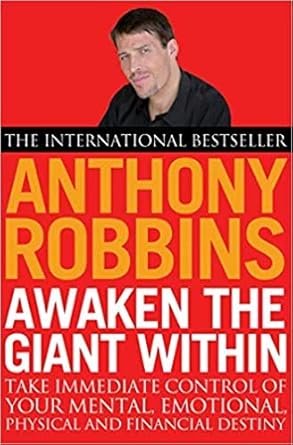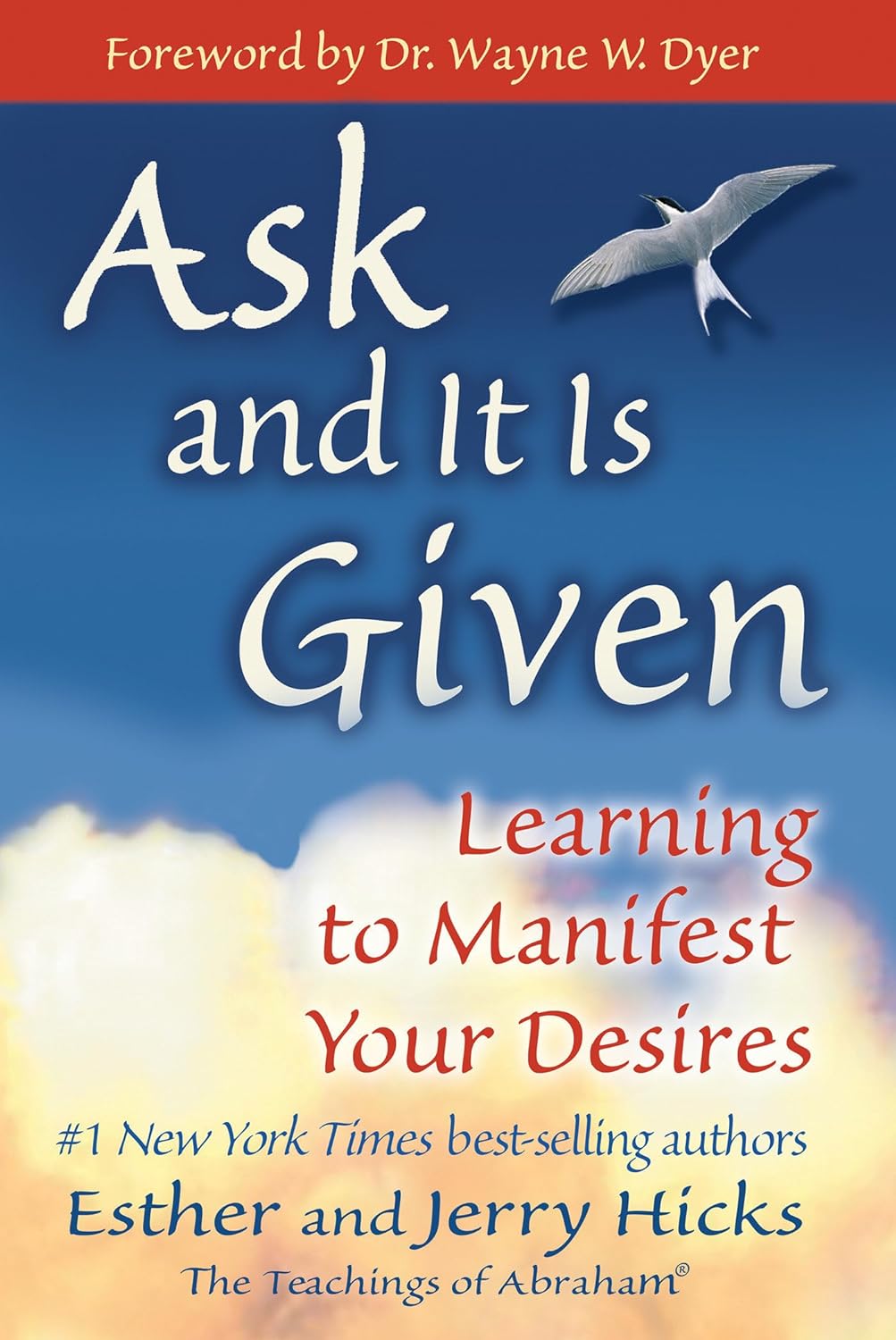Is There Life After Death?
So today we’re going to tackle a questionthat has confounded mankind for millennia;what happens when we give up the ghost downhere on terra-firma, when the heart expires,the brain stops receiving oxygen and yourfriends start putting together a top ten listof your favorite songs for your no doubt bleakfuneral. Many people still believe that our time onEarth is spent in some kind of vestibule toheaven, a kind of waiting room where we staywhile the Almighty like a divine accountantgets out his calculator and starts subtractingall our sins from the good things we’vedone. You have to believe in the right Him of course,and so for centuries cultures having beencalling out others as infidels or heretics. Heaven they say, isn’t open for all, somenames aren’t on the guest list and they’renot coming in. According to some people, heaven isn’t bigenough for all the religions, and even intoday’s politically correct world the eternalethereal hotel in the clouds isn’t exactlyan inclusive joint. But there is more to after-life theories thanthe precept of heaven, so let’s now investigate. Let’s start with the ancients and we’llget around to what modern people, modern religionsand modern science, say later. Many ancient Greeks believed when they diedthe soul separated from the body. They then entered the Underworld, where themain man in charge was called Hades. As you’ve seen in our episode on Hell, wordslike Hades and Tartarus pop up in old texts of the Abrahamicreligions. In Orphism, an ancient Greek religion, therewas life after death. Graves have been uncovered with tablets inthem that gave instructions for the dead forwhen they entered the afterlife. The Underworld was not easy to navigate, sothe Greeks might have left some notes forthe passed over person. But not all Greeks thought alike. The philosopher Plato was perhaps less superstitious,and he believed we had a soul before we wereborn and we had one after we died. He once wrote that the trauma of birth makesus forget what we had learned in our pastlife. He called this “anamnesis. ”He seemed to believe in an eternal spirit,but not exactly one that has to navigate beastsin the Underworld. This dualism he talked about of soul and bodywould take root in many beliefs to come. Some scholars say for Plato our soul is ourtrue form, our true self. What you need to know is that ancient mythsfrom the Greeks and other places around Europesuch as the ancient Germanic cultures heldthe belief that there was some kind of underworldand it wasn’t a very nice place. Another assumption came later, and that wasif there is a terrible place to be, theremust be a nicer place, and that as we knowwasn’t down below but up in the sky; TheHotel Heaven as mentioned earlier. But then we had philosophical points of viewthat dealt with a life-death dualism, thatinside us was spirit. This was based on reason more than crude superstition. Many of you today might still believe this,the belief that contained inside us is somethingelse and perhaps that is connected to a collectivespirit. Maybe it does not take human form, meaningit’s not the diaphanous fella that turnsup at the Pearly Gates to barter with St. Peter, nor the lucky soul that feasts on greatfood with his stock of pure women, but merelyconsciousness. That’s why some people talk about this mainframeof thought, the collective unconscious, akind of matrix we are plugged into but don’talways receive a signal from. The German philosopher Georg Wilhelm FriedrichHegel believed this to some extent, that whathe called “absolute spirit” could transcenddeath. He wrote that once we had become absolutespirit through a journey of self-discoverywe could understand infinity. Hegel is really confusing, but let’s justsay that like in some religions he believedwe could transcend this life. If you saw the recent Joe Rogan show withthe always personable British particle physicistBrian Cox, Rogan brought the matter up thatthere might be a soul, perhaps connected toa great plexus of other souls. Cox countered, saying scientists would knowif a soul existed, even as a thought, becausethey had incredibly sophisticated methodsof measuring or just seeing energy. Everything in this universe has some kindof energy, and if we had a soul, argued Cox,we’d know. But if you are religious, you could just arguethat God works in mysterious ways and scientistsare just brazen for thinking they could detectthis soul. That’s an argument you can’t win, becausein religion you just have to take a leap offaith. Empirical truths might hold some weight withreligious people, of course, but perhaps notwhen God and the afterlife are concerned. We must also remember that men in the cloudswith lustrous white beards is more of a whimsicalversion of life after death, and it’s arguablysuperstitious when you consider the worksof serious theologians. Saint Thomas Aquinas in the 13th century forinstance argued that because humans can thinkof abstract ideas without actually needingto see things, basically that we have imaginations,the mind didn’t need the body. Like many before him, Aquinas believed thesoul to be separate. He once said, “Soul is not the whole humanbeing, but only part of one: my soul is notme. ”Aquinas was one of many Christian philosophersthat attempted to reconcile more down to Earthphilosophy with religious beliefs. When the body died, something lived on, butthat had nothing to do with men with pitchforksor angels playing harps. Now let’s look at Buddhism. You’ve all heard of the concept of reincarnation,but often it’s misunderstood as being areward or punishment for something you didin this present life that affects what kindof creature you will return as. Sometimes called metempsychosis, what thisreally means is not that you’ll come backas a cockroach for cheating on your girlfriend,but that there are realms you can come backin as the same soul. That death is a cycle, and you can with goodenough karma achieve Nirvana, the end of thecycle; no more rebirth and therefore no moreworldly pain. Someone might argue again that the soul doesindeed exist as separate from the body andwhen one body dies this enters another cyclein another body but the soul remains the same,just trying to achieve a state of nirvana. Another belief perhaps similar is “eternalreturn”, which can be found in ancient Egyptiantexts and also ancient Indian texts. Everything in the universe is cyclic, whichincludes your existence. That might also mean we are destined to livethe same exact existence again, for eternity!If that’s true you should embrace your life,as philosopher Friedrich Nietzsche wrote. If some entity came to you in a dream andtold you would live this life over and overfor all of eternity, with all the pain andanguish as well as happiness, would you feelbad about it? asked Nietzsche. It’s not religion, but a thought experiment. If this eternal recurrence were true, youshould love life and all that happens. This could make you a better person, a happierperson. Religion can also act as a positive thoughtexperiment. If you believe it is a sin to cause otherspain, and we all know pain, and that thiscan lead to not going to heaven, then perhapsyou will act better. We might also add that for some people causingpain to others gets them into heaven, i. e. the Christian crusades, religious extremism,countless fundamentalists today that havelittle respect for certain people’s rightto freedom. People disagree on what gives us good karma,what gets us silver stars from God, and thisposes a significant human problem and hasdone so for thousands of years. What we are trying to say is that belief inan afterlife can perhaps be positive for youand the society in which you live and theworld as a whole, but it might also lead todisharmony. Ok, enough religion. Brian Cox might tell you that you don’thave a soul, but he admits science doesn’tfully understand how consciousness works. As a physicist, for him it’s all about energy,and nothing to him shows that we have thisextra piece of matter in our bodies that isa soul. But Cox also admits that Atoms (what we aremade of) can be confounding things. Do we really understand how the constituentsof the atom interact?Perhaps the soul exists somewhere in subatomicparticles. Cox admits that science can be a work in progress,he only says from what he knows right nowhe doesn’t believe in a soul. Religious folks might also ask, what camebefore the Big Bang and this universe makingparticle?No one knows. Science admits this, while religions are oftenmore stubborn, dogmatic. Ironically, leapers of faith are often surerthan scientists. Perhaps people should keep leaping in directionstheir entire lives?That’s what science would say, but scientistscan be stubborn too at times. Back to consciousness. We have certain physical properties that othershave, this is the fleshy machinery of thebrain and the chemicals that oil the manyparts. But, and this is very important, we have ‘us’,meaning we have personality, we have character,some might even say an aura. Some thinkers, serious thinkers, say the factthat there is this identity means we mighthave a soul. If the physical part dies, what happens tothat special part that made us, us. Then we are back to where is the energy andwe might ask if this soul can only exist withthe physical parts. Maybe we have a soul, but it dies. We are special, but not immortal. If you’ve ever heard of the philosopherGeorge Berkeley you might know he was interestedin what happens right after death. Did anything travel, did we move on?It’s said he once asked one of his studentsto hang him and take him down just after hestarted dying. Apparently this experiment didn’t do muchexcept cause him lots of pain. But did you know that research in the USAsaid 18 percent of people brought back fromdeath after a heart attack had a near deathexperience. This for some is proof of life after death,while some scientists say we just go intoa dream mode. Others say the Pineal Gland releases the substanceDMT at death and if you’ve ever taken thatstuff you will know fantastic, sometimes unexplainablethings can happen. Science says our brains definitely work fora while after the heart stops, so somethingis going on. We don’t think near death trips are a goodexample of life after death. Others believe in the 21 grams theory, thatafter we die we lose 21 grams and maybe thatwas a soul exiting. Scientists disagree, however. OK, so we have self, which is consciousnessthat we don’t properly understand. We have a universe that we don’t reallyknow is infinite or not or if there was anythingbefore it. We are made up of bits of the physical universe,atoms from the stars, and to some extent ata quantum level we don’t always know what’sgoing on. We might go out on a limb here and say thatif there is a soul maybe it can only be foundby understanding the engineering of this universedown to the smallest level. Maybe there is more to see. What haven’t we seen?If we have a soul maybe it’s in the smallprint, and perhaps we just haven’t beenable to read that yet. This of course might not mean there is a God,a hell, an underworld, but it might explainhow we are all different and yet part of thesame thing connected perhaps in a way we don’tyet know. That indeed we are all pure spirit of somekind. Perhaps even science will reconcile with religionin the future but in ways we still can’tfathom. Others might just call us temporary spacetrash made of carbon and proteins not connectednor eternally soulful. We will at least live on in a way in an atomicalsense. So in some ways, there is always some lifeafter death, just not with an “I” involved. We can safely say we don’t know, but wehave enjoyed talking about it. You know what we are going to ask you, andthat is what do you think about this?Tell us in the comments. Also, be sure to check out our other showWhat Happens When You Die!?Thanks for watching, and as always, don’tforget to like, share and subscribe. See you next time.









